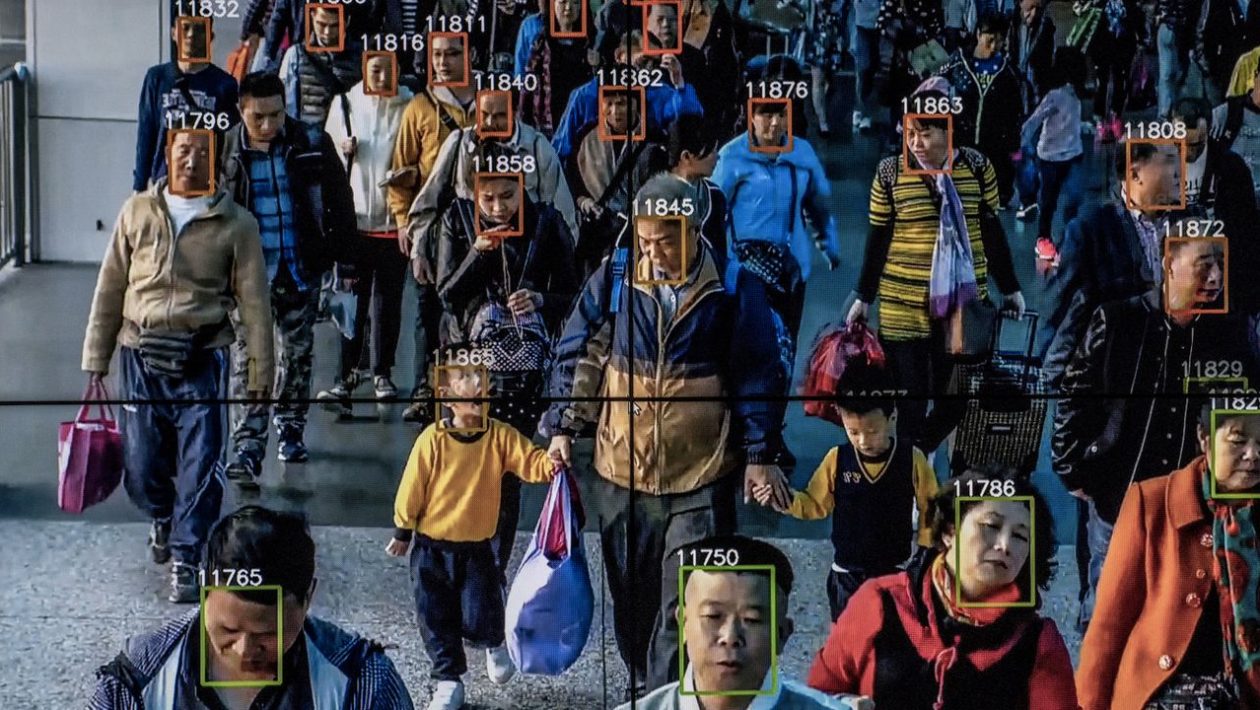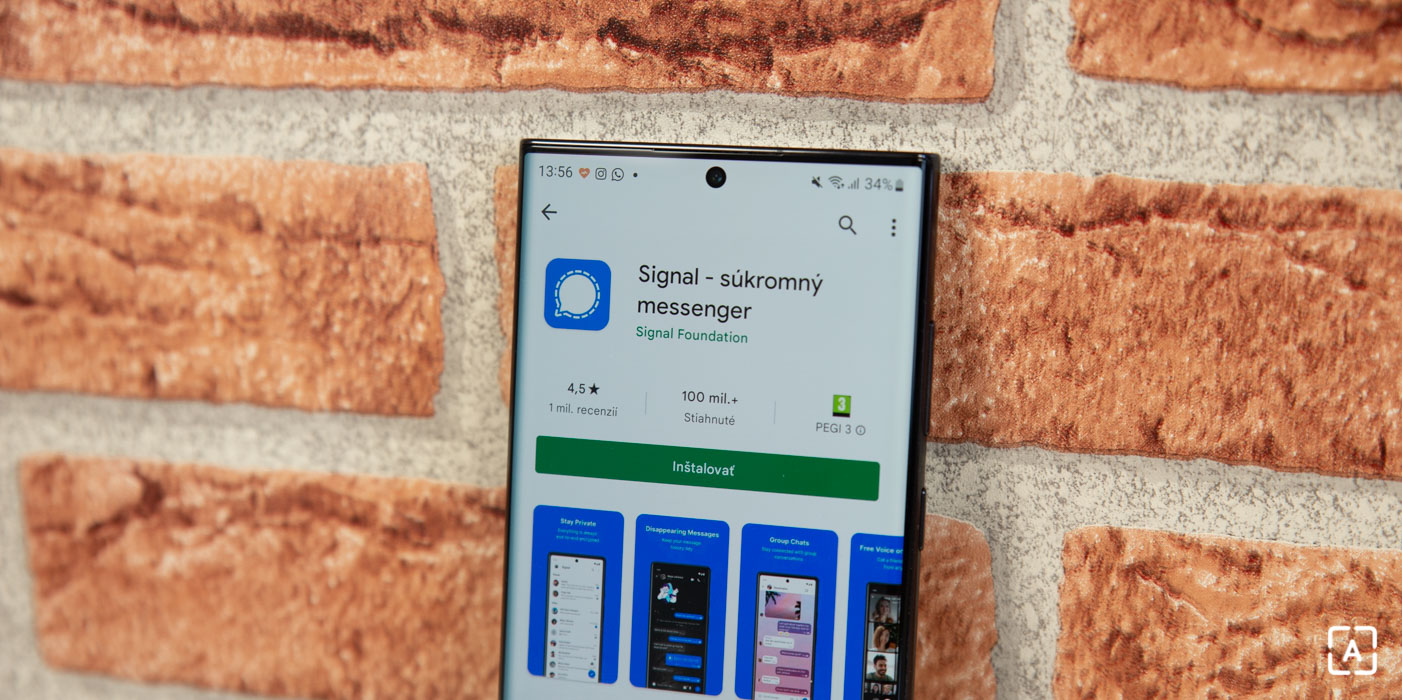China tightens control of juvenile night play -apkrig
In recent years, we have informed you several times at Vortex about the rules that teenagers must follow in China if they want to play video games in their spare time. From this point of view, the nights that, according to government regulations, young Chinese people should spend in bed and not at a computer or mobile phone are especially critical. To this end, a number of measures have already been put in place – most often the need to prove their true age – against which, of course, some young players have spoken out against them, looking for ways to circumvent the restrictions. That’s why a new level of control comes into play, which consists of face recognition, and it is no big surprise that Tencent is one of the first to use the technology in its games.
The system works relatively simply – if a player under the age of 18 tries to start a specific title after 10 pm, nothing will happen.
According to Tencent, the use of a recognition algorithm will be necessary to verify the identity of each player, and based on the results, the game will be made available within the time and scope allowed by the state. According to a press release, Tencent has already incorporated technology into more than 60 of its mobile titles – such as Honor of Kings or Game for Peace – and further expansion is expected. The system works relatively simply – if a player under the age of 18 tries to start a specific title after 10 pm, nothing will happen and the restriction will not end until eight o’clock in the morning. The use of a front camera for face recognition is essential for the application to work, and there is no open way to work around the limitations.
According to the Chinese government, measures are needed to make the fight against child and adolescent addiction to video games more effective, but on the other hand they raise growing concerns about privacy by individual users and undermine the credibility of Chinese companies operating in the West. As you probably know very well, Tencent owns Riot Games or Funcom, has a 40% stake in Epic Games and smaller stakes in companies such as Activision, Ubisoft or the Czech Bohemia Interactive. The cooperating companies – especially if they are not from China – are faced with the moral dilemma of whether to implement similar mechanisms in their games to allow titles to enter the Chinese market and companies not lose significant revenues from China and especially from the mobile gaming segment. .
In the past, for example, this involved the Chinese version of League of Legends from Riot Games, where bots collected data from Chinese players and raised concerns about the collection of personal information in other versions. But it was also addressed common censorship, for example in the Rainbow Six Siege, which was gradually reflected in versions played outside mainland China. However, Tencent does so also because it is interested in maintaining a positive relationship with the government – without the license it has from the Tencent state, it would not be able to operate in China, and its activities are certainly not limited to the video game entertainment segment.



